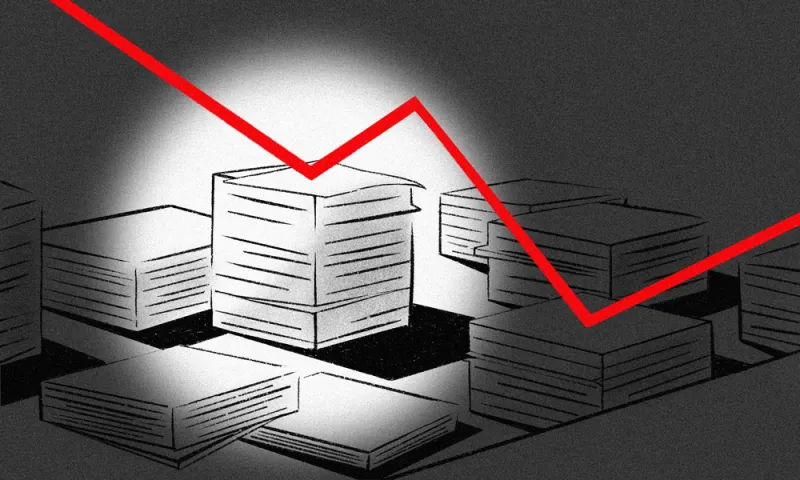You might think that companies that are being investigated for financial fraud by the Securities and Exchange Commission would be better off being straight with their investors about it — but you'd be wrong.
This is according to a paper published on June 19 by David Solomon, an assistant professor of finance at Boston College, and Eugene Soltes, associate professor of business administration at Harvard Business School. The researchers found that transparency can harm, rather than help, companies investigated for financial fraud by the SEC: Firms that choose to disclose such investigations suffer — even those that are ultimately found not guilty. Their share prices fall, and their chief executive officers are often ousted, according to the paper.
“There are various theories in finance tell you that transparency should be rewarded,” Solomon said by phone Monday. But the paper’s findings, he noted, are at odds with those theories.
Solomon and Soltes used the Freedom of Information Act to obtain SEC data on investigations from between 2002 and 2005, including those that were privately opened by the SEC and later closed by the agency without taking action against the firms or their managers, according to the paper. The researchers studied that time frame because they wanted to ensure all the SEC investigations they were analyzing had been concluded, the paper said.
The two filtered the dataset, selecting only financial fraud investigations that targeted publicly traded firms, which resulted in a final sample of 618 investigations at 587 firms. Only 156 of those investigations, or 25 percent, resulted in enforcement actions, the paper said.
According to the findings, firms that disclose that they are being investigated by the SEC have returns that are “significantly lower” than those that do not. Two months following disclosure, there’s a 6.74 percent gap in returns between those that disclose and those that do not. That gap increases to 12.67 percent after one year, according to the paper. In both cases, the firms that disclosed suffered.
“One of the things that was surprising initially is just the magnitude of how big these effects are,” Solomon said.
Regardless of the outcome of the investigation, the decline in returns for those companies that disclosed the investigations held true, the paper showed.
What’s more, CEOs who disclose an investigation are 13.8 percentage points more likely to be terminated within two years, the paper showed. The researchers posited that this could be because boards may be trying to deflect blame from themselves.
“The guys that decide to be up front end up getting hurt for it,” Solomon said.
[II Deep Dive: Former BDC Giant Fifth Street Management Settles With SEC]
With these findings in mind, why would any firm under investigation choose to disclose that fact to their investors? According to the paper, there was considerable legal uncertainty as to whether or not firms were required to disclose an investigation as a “necessarily material event” during the time period studied.
This confusion is what led some firms to disclose in the first place, while others chose not to.
“By providing firms the discretion to disclose, those that choose the path of transparency appear to be punished with lower stock prices and lower job security for their most senior leaders,” the paper said. “A better solution would be to either mandate disclosure for all firms or set clear rulings that no legal liability or sanction will follow from non-disclosure.”
The researchers added: “Remedying this unhappy state of affairs is a policy goal worth pursuing.”







